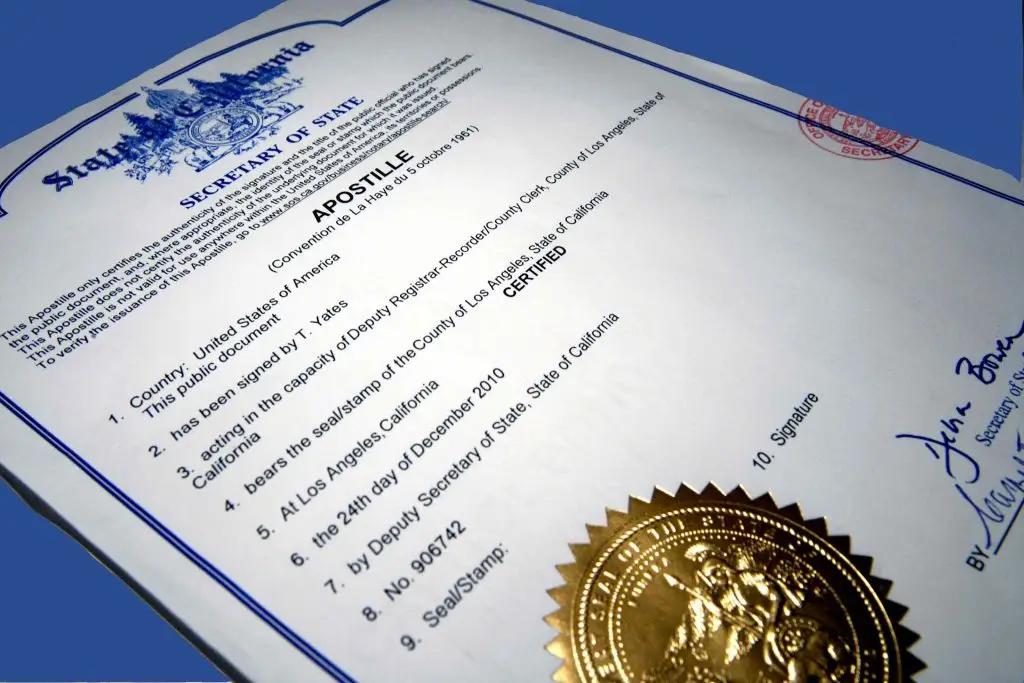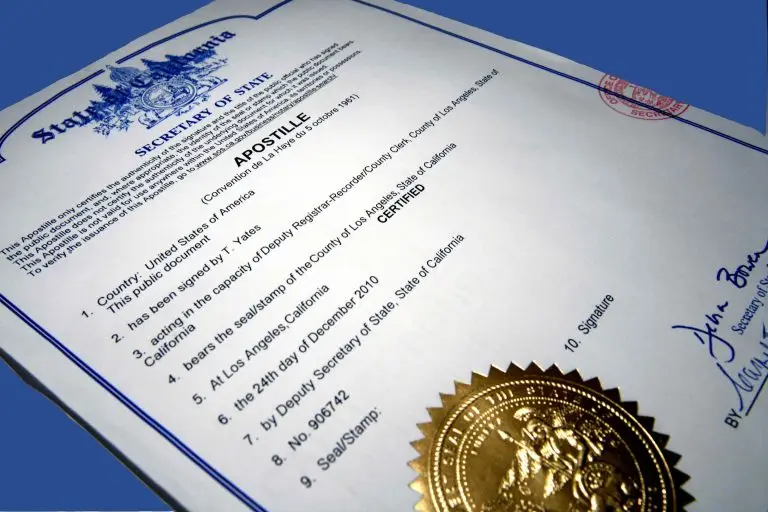When someone mentions that a way has been found to avoid fulfilling such obnoxious requisites, it clearly catches your eyes… and perhaps it even attracts some new clients… we also understand that.
However, not everything that shines is gold, and however attracting it may sound to avoid having a Power of Attorney properly Apostilled in due time, It will not necessarily mean that you are saving time and/or money to your client.
On the contrary… you could just be placing your client’s entire portfolio at jeopardy. Did you know that?
Unfortunately, the Argentinean law specifically requires that all Power of Attorney signed outside our territory must be either Legalized or Apostilled in order to be valid.
Though it is true that for Registered Trademark and Patent agents such like us, it is only necessary to manifest that we have sufficient Power of Attorney for a filing, it is also true that should the Trademark Office, or anybody else, request to see said Power of Attorney, we would only have ten working days to present it (For example, when your client might need to enforce its IP rights… nothing serious…)
Failure to do so could lead to the annulment of all matters carried under such Power of Attorney (the annulment of the filing of the patent application, or a trademark application), as well as a sanction to the corresponding agent (and YES, this would be the first thing that any counterparty would look into in any infringement case…)
It is also true that in such cases, having we been able to obtain such Apostille or Legalization under requirement within the deadline, it is highly unlikely that the Trademark Office (or the counterparty, a.k.a. “The Infringer”) will accept an Apostille or Legalization which occurred perhaps years after the initial filing, which may lead to take the matter before a Court of Law to determine whether the registrations are valid or not.
In many cases, obtaining the Apostille of a document many years after it has been issued is a complex matter–when not impossible. For example, if the signer of the document has passed away; or if the company has changed its name, merged into another, went bankrupt; or if the Patent or Trademark has been assigned to third party… just to put a few examples.
There are a few cases in which the validity of a Power of Attorney –which lacked the corresponding Apostille or Legalization and was attained at a later stage– has been finally accepted by a Court of Law… but there is a big “BUT” here.
Said cases required many years of litigation –with huge expenses– only to obtain a draw on the match, to obtain a tie. Only to maintain what could have been gained through a simple Legalization or Apostille. But then again in such cases where the PoA were deemed as valid, the time lapse from the time of the act (filing, for example) and the time of Apostille had only been failed for a couple of days, and not months or years, let alone as a normal way to conduct business.
Having said that, we understand that there might be some cases in which –for any given reason– the Apostille or Legalization of the Power of attorney may not be obtained within its due date, but a few days later –and with a scanned copy of the document–, we can present ourselves as empowered attorneys. These exceptions are carried under the knowledge of the risk they imply and only due to ‘force majeure’ situations.
At least, if you are willing to take said risks on behalf of your clients to save them some time and money, please make sure that they know the risks they are taking and how much time and money they may end up spending if someone –anyone– may challenge the Power of Attorney… it clearly does not sound like a reasonable tradeoff and, definitely, a liability I would not take lightly.


